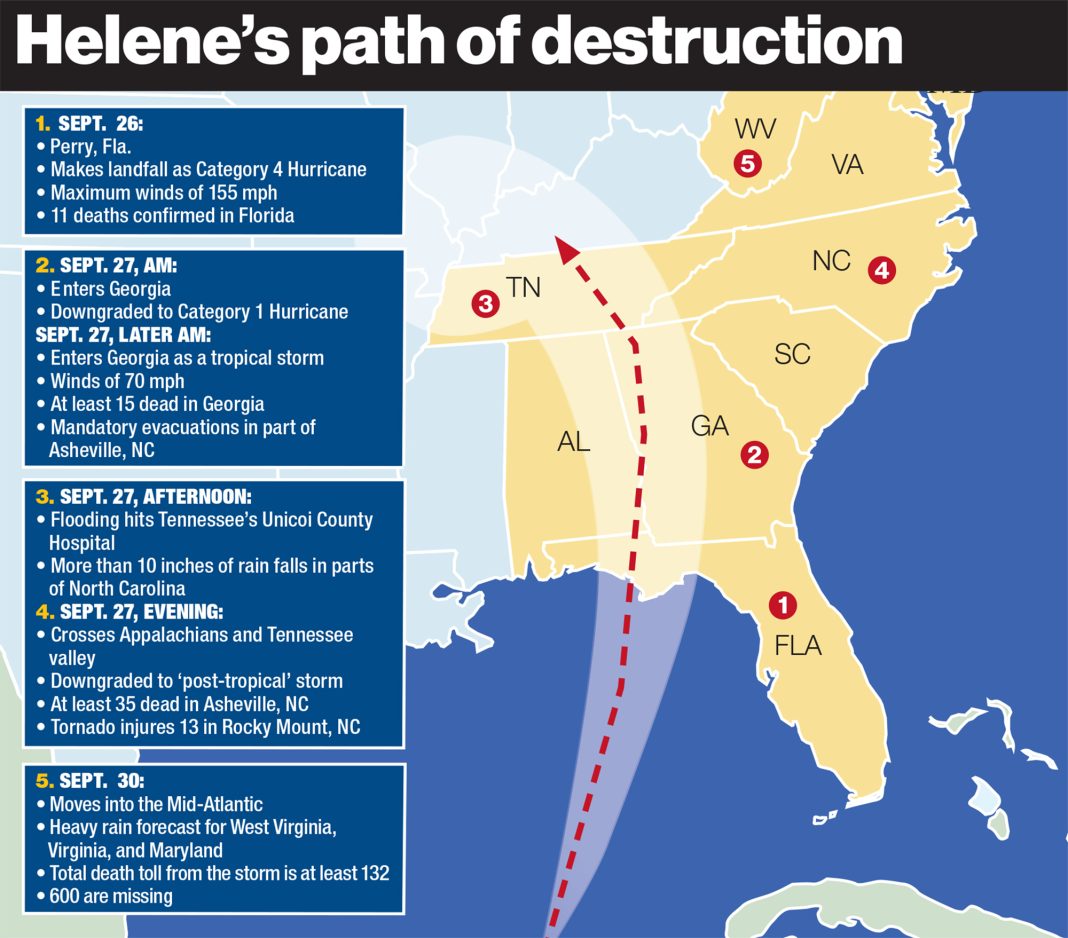In a world where social media influencers often tread the thin line between humor and insensitivity, a recent incident involving Skyler Simpson, an OnlyFans model, has ignited considerable backlash. During the catastrophic aftermath of Hurricane Helene, which claimed over 160 lives and left a trail of devastation across the Southeastern United States, Simpson chose to don a vibrant pink bikini and conduct a mock weather report in flooded Tampa, Florida. Her video, which garnered over 1.8 million views on TikTok and additional engagement across various platforms, was met with a mix of amusement and outrage, encapsulating the complex interplay between entertainment and empathy in the digital age.
On a night when winds reached up to 67 mph and floodwaters surged through the streets, Simpson waded through shin-high water, holding a bedazzled microphone and an umbrella that struggled against the gusts. “As you can see, I think people got a little dramatic with how the weather was gonna be here,” she stated, attempting to downplay the severity of the storm that had just battered the coastline. Her lighthearted commentary, punctuated by ice cubes thrown at her from off-camera, positioned her as a caricature of a weather reporter, but many viewers found her antics in poor taste given the context of the devastation surrounding her.
Hurricane Helene made landfall as a Category 4 storm, unleashing winds of 155 mph and torrential rain that led to historic flooding. The impact was felt deeply across multiple states, with reports indicating that the storm claimed 13 lives in Florida alone, followed by significant fatalities in Georgia and North Carolina. By the time Helene dissipated, the death toll had risen to at least 166, marking it as one of the deadliest storms to strike the region in the last two decades. Such statistics underscore the gravity of the situation that Simpson appeared to trivialize in her video.
Critics were quick to voice their disapproval, with comments reflecting a deep-seated frustration over her perceived insensitivity. “Hope a portion of the benefits you got through the likes on this reel you sent some help to the families in need,” one user remarked, highlighting a sentiment echoed by many who felt her actions were a stark contrast to the reality of those affected by the hurricane. Another critic lamented, “People died so let’s make jokes,” a comment that encapsulates the outrage felt by many watching the video.
Despite the backlash, Simpson defended her actions, asserting that her video was meant as a form of satire, mirroring the often absurd nature of news reporting during crises. “Plenty of people actually affected by this have commented and laughed,” she stated, attempting to shift the narrative by emphasizing that some individuals found humor in her portrayal. However, this rationale did little to quell the dissent, with many insisting that humor should have limits, especially in the wake of tragedy.
In an attempt to address concerns about safety, particularly regarding the potential hazards of standing in floodwaters, Simpson mentioned that she washed off immediately after filming and used hydrogen peroxide. While her assurance may have alleviated some concerns, it raised further questions about the recklessness of her stunt in an environment that was not only hazardous but also potentially contaminated.
As the storm’s aftermath continued to unfold, with ongoing recovery efforts and the grim reality of missing persons, Simpson’s actions served as a stark reminder of the delicate balance between entertainment and respect for those suffering through natural disasters. The incident raised critical discussions about the responsibilities of influencers in the digital space, particularly when their content intersects with real-world tragedies.
In a world where social media can amplify both joy and suffering, the case of Skyler Simpson underscores the necessity for sensitivity and awareness. As influencers navigate their platforms, the lesson is clear: while humor can be a powerful tool for connection, it must be wielded with care, especially in the face of human suffering.

